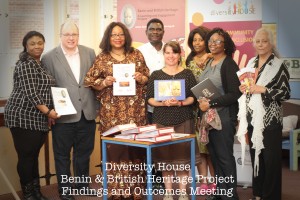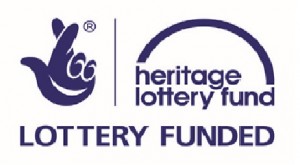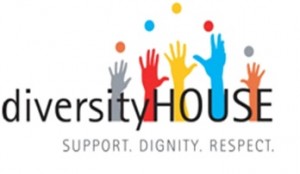Home
 Click here to view Project Report
Click here to view Project Report
About:
A brief History of Benin Kingdom (Nigeria)
Many centuries ago, at the time when Benin was called Igodomingodo, that geographical area now known as Benin was the hub of a conglomeration of little towns that developed into most of the areas of modern Edo and Delta states.
Throughout that period, Igodomingodo made steady progress especially in the area of spiritual, philosophical and administrative development. Its efforts were largely concentrated on the arrangement of human order so that by the time Europeans made contact with the people of Benin in the 15th century, they had already established an administrative system which till this day baffled the Europeans and earned for the capital of this African country, the name “City”. The nucleus of this great civilization was the monarchy which the Benins perfected around the 18th century after a series of experimentation with the Ogisos who introduced a monarchical system that is based on the principle of primogeniture.
Outline of the Benin and British Heritage Project
Nigeria (Benin) and the United Kingdom have continued to form strong ties since the sixteenth century. Mainly trading, social and political. These links continue to flourish to the present day. This heritage project will explore the rich cultural relationship between Nigerian and UK using the 4 key themes of Monarchy & Governance, Gender roles & Empowerment, Rituals & Traditions, Trading and Professional occupations.
These core themes will provide a guide for participants to understand, explore, record and share with the wider community, the cultural similarities and differences of their native and adopted countries. Leaving a rich legacy of cultural and educational resources accessible to future generations.
Sharing this understanding and an acceptance of these close links between Nigeria and the UK has become very pertinent to Swale at this time because of the unremitting influx of Nigerians over the last decade.
Project Delivery
The project is being delivered by Diversity House to at least 4000 people; which will include young people from Diversity House Youth Club, South Avenue Primary, Meadowfield, young people from across Swale local schools who will be privy to the worksheets and materials developed from the project; adult volunteers (from the diverse communities including Nigerians in diaspora in Swale), Swale Museums Group Swale Arts Forum, the African World (authentic African Arts and Fair-Trade), Powell-Cotton Museum, Sittingbourne Library Service, Swale Council for Voluntary Services, Swale Borough Council, Dr. Pat Robinson (Historian), Ikalanga, Jabula Arts, lianalareina and other professional partners.
Cultural Diversity in the Context of Social Cohesion
The Swale district has witnessed a sudden increase in the number of African, Nigerian minority communities (from 122,000 populations in 2001 to 135,000 in 2011, ONS, Census) moving from inner London and other places. This has presented challenges for both the mainstream and African Nigerian Community and has created needs which have yet to be adequately addressed. Cultural misunderstandings and tensions have arisen due to an absence of initiatives and projects in the area that offer opportunities to explore and appreciate a diversity of cultures, links between cultural heritage, and social cohesion.
These conflicts also manifest themselves in schools which were once predominantly white. Using the heritage-based themed workshops of the project; young people will gain a sense of belonging in a historical, cultural and traditional context, to gain confidence to explore and ‘feel comfortable’ to share their chosen cultural identity (this could be Nigerian, Nigerian-British, Swale, Isle of Sheppey or any other) and encourage exploration of this identity in order to share an understanding with the wider school community, thereby promoting interculturalism (a fusion of cultures). This project provides the opportunity to learn about cultural diversity through the appreciation of shared heritage.



